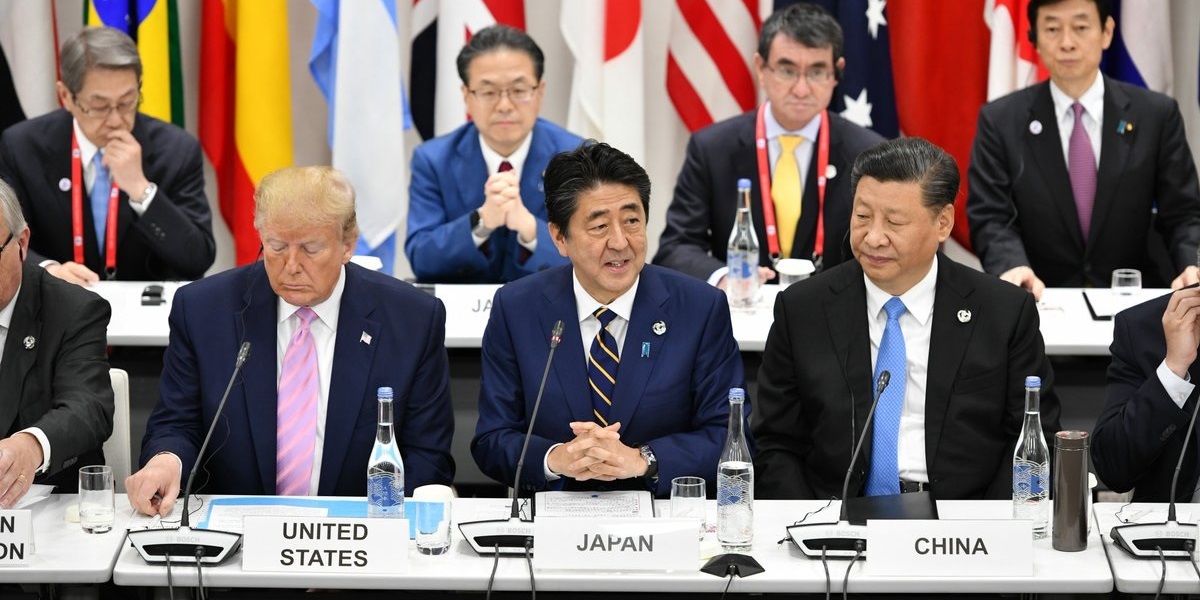
The G20 Summit in Osaka ended on a high note for some, with the meeting between the presidents of the two largest economies in the world stealing a lot of the headlines. U.S. President Donald Trump confirmed after the meeting that his government will continue to allow sales of American technology products to Huawei, likely pleasing the likes of Intel and Micron.
If the biggest success of G20 was a reset for China-US trade negotiations, one of the biggest failures was arguably the Osaka Track digital economy declaration to formulate rules on digital governance under the concept of “Data Free Flow with Trust”, but without the support of India (a country that expects to make $350 billion from IT and BPM by 2025).
Continue reading this story on Asia AI News (Medium)
by Carrington Malin
Carrington Malin is a UAE-based marketing and communications professional, consultant, entrepreneur and writer with many years experience of building brands, driving growth and leading high-performance teams. He has worked with a wide range of high-growth, technology and tech-driven ventures across ecommerce, consumer products, digital services, B2B, media, software, hardware and other sectors. These days he focuses mainly on emerging technology ventures related to artificial intelligence (AI), augmented reality (AR) / virtual reality (VR), blockchain, drones, Internet of Things (IoT), robotics and smart cities.


